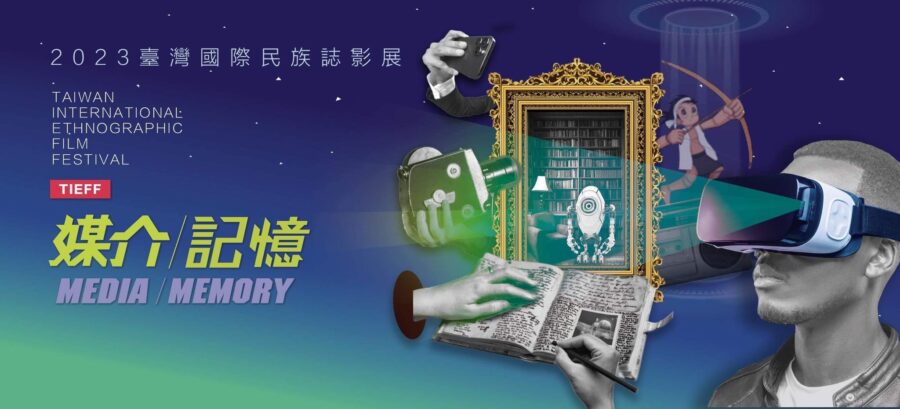“In the Palakuwan not only become good man by yourself. It is the collective all be great and strong!”
Katratripulr community in Taitung County which has so far maintained the collective education of the traditional organizations of the age class of men.
It is based in the “Takuvang” house and the “Palakuwan” house, as well as people who education and training for young men in the community based on age. The older elders have observe their work performance: labor, service, and obedience. If they perform well, hold a ceremony to advance the vows every three year. Learn to be a mature, well-trained man, to be the backbone of the community.
This is the heritage of the core values of Katratripulr culture, but also the protection of community forces. The boys at the age of 8 into the “Takuvang” house into the “Takuvakuvang” class, at the age of 14 for the “Palakuwan” youngest “valisen” class. This class must work, do toil, obey the brother, and other cultivation, by the youth clubhouse in the higher class of brothers to complete a variety of tasks .
But the boys still love to “Palakuwan” . They want to be able to glory for the “valisen” class, officially into the “Palakuwan” proud. What kind of collective strength and community thinking that the group of rebellious, mischievous middle-stage boys, willing to “Palakuwan” will pay labor, obey listening to the training, the “Palakuwan” has a strong sense of belonging? How does the cultivation and educational significance of “Takuvang” and “Palakuwan” show his value in modern society?
10/7 17:40
